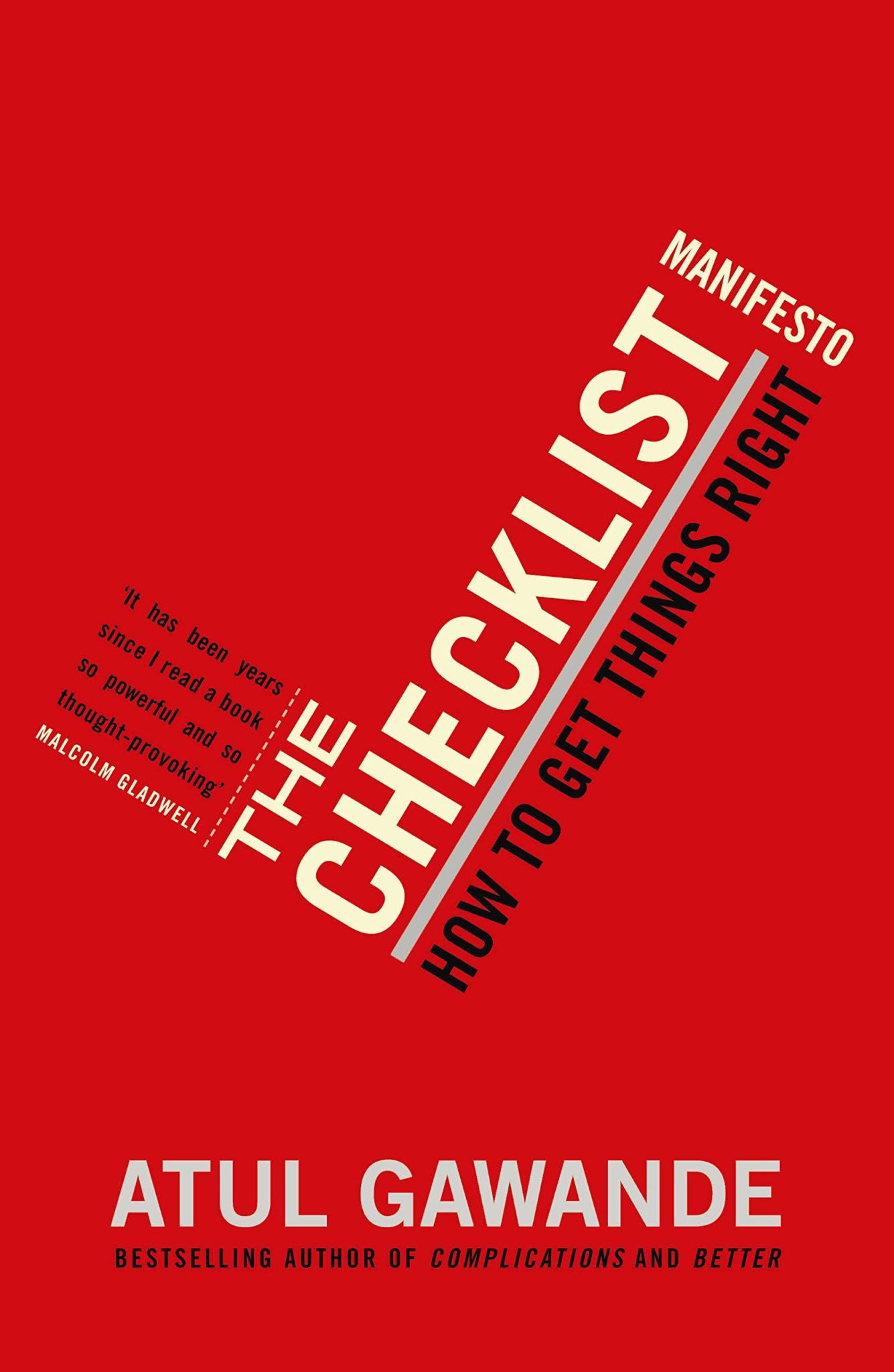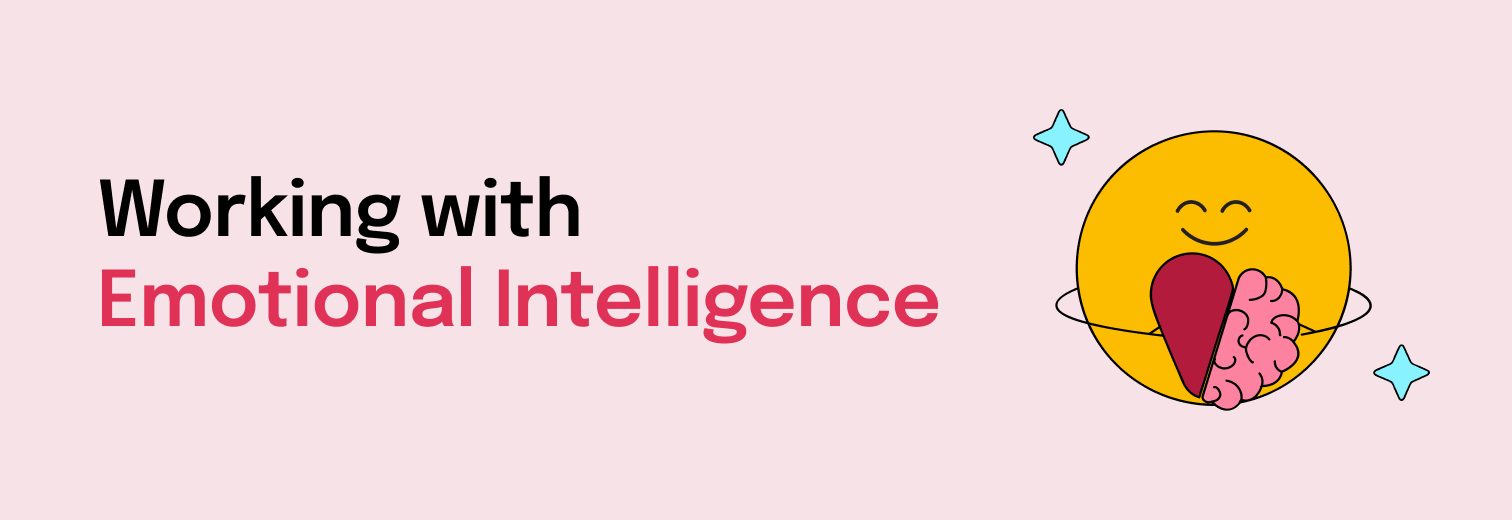
Introduction
Table of Contents
For every FocusU family member, checklists are an irreplaceable part of life. So, when I came across a book titled “The Checklist Manifesto,” I knew I had to read it. The book was a pleasant surprise in every possible way. Written by a renowned surgeon Atul Gwande, this book deals with the idea of solving complex problems across a broad spectrum of issues ranging from both personal and professional issues.
The writer starts by narrating a story about a deadly infection that was killing the patients in a hospital and how a simple checklist saved the lives of thousands of people. On any given day in the United States alone, there are thousands of people admitted to intensive care. Each ICU has a host of things like anesthesia, breathing tubes, tubes for fluids, antibiotics, and medicines. And more often than that, variables are usually hard to manage and cause some serious infection. How to avoid this infection? Why is this infection happening? Are we doing something wrong? Finally, a checklist was created and was put to a test.
As per this story, one of the attendants at the formidable John Hopkins handed over a sheet of paper title “Doctor’s Checklist” to one of the doctors. This sheet had a list of simple steps that every doctor generally is supposed to follow before any major surgery like –
- Wash your hands
- Clean the patient’s skin with an antiseptic liquid
- Cover the patient with a sterile drape
- Wear designated masks, gowns, and gloves
The same list was distributed among the other doctors, as well. For a month, the doctors followed the list religiously but soon some of them started skipping a step or two. This was immediately brought to attention and the administration ordered the nurses and other aids to ensure that the checklist is followed diligently. This simple modification proved to be revolutionary! Within just a short span of time, the infection rate went down from 11% to 0%
Checklists and You
With our calendars being jam-packed with commitments and deadlines, it is no surprise that most of us have a dedicated to-do list. These days, most organizations have a proper digital platform for assigning and tracking every individual’s assignments. Thus, a Checklist can play a very important role in our lives.
Checklists can be used to break any problem into smaller and easier steps. Brenda Zimmerman of York University & Sholom Glouberman of the University of Toronto came up with the distinctive idea of dividing the problems. They broke it down into 3 distinct types. Let’s take a look at the types with a few examples closer to home –
Simple Problems
Problems with a basic and obvious solution, like learning to bake a cake. Once you master the technique, you can easily repeat the feat without much hassle.
The packing lists for the various workshop activities in our organization is a very relatable example of a simple problem.
Complicated Problems
These problems frequently require multiple people, breaking the big problem into simple steps and also executing it stage-wise. The inventory management in our organization is a proper example of such a problem. These types of problems require coordination among a host of different teams. There is a proper order of things in place to ensure that the inventory stays updated across regions and material is available at the time of need.
In my opinion, we should rigorously follow the pre-set order to avoid confusion and last moment panic.
Complex Problems
Decisions and situations that require conscious judgment, discernment, wisdom, conjecture, and intuition, along with the willingness to experiment and take risks. Each FocusU workshop can be taken to be a unique complex situation which requires the best of every single team member.
We can even compare the execution of every workshop to raising a child. Just as it is with children, none of the workshops are the same and each requires personalized attention to detail. Also, just like raising a child, with our workshops, despite our best efforts, we can only hope to have raised a good kid, every time!
Checklist Success Stories
Adams is the proud chef and owner of the Rialto restaurant in Boston. She won a James Beard Foundation Best Chef Award in 1997. Adam and her staff served 150 people in five hours. The taste which she and her staff has sustained for so many years is daunting. The secret behind their success is the consistency of their routine. There were basic recipes to follow which were typed out and kept in clear plastic sleeves and placed at the station.
“Following the recipe is essential to making food of consistent quality over time,” Adam said.
They also have a bulletin board called “Kitchen Notes” which guides the staff about her observations for the food being prepared. Over the years they have developed their internal lingo for small modifications required, which has helped smoothly run the entire operation and take their franchise to new heights.

Why We Need Checklists At FocusU
At FocusU, there exists in place, a host of varying checklists. Each CAT member, Facilitator, and Co-Facilitator have their own individual checklists to follow. For example, the CAT-to-Ops needs to be submitted before at least 7 days before the first day of the workshop. The packing list needs to be submitted by 24 hours before the team has to travel. Similarly, the entire team needs to reach the venue at least 2 hours before the workshop starts. The EDM needs to be submitted within 48 working hours post the successful execution of the workshop. The expense reports need to be submitted within 3 days from the last day of the workshop. Following this, the invoices need to be closed within 9 days post the workshop.
For the seamless running of our business, I feel that we need to follow these checklists and with the best of our efforts. Also, in the spirit of the value of Openness, we also need to raise a red flag when we see one and work to solve the problem to avoid future problems.















